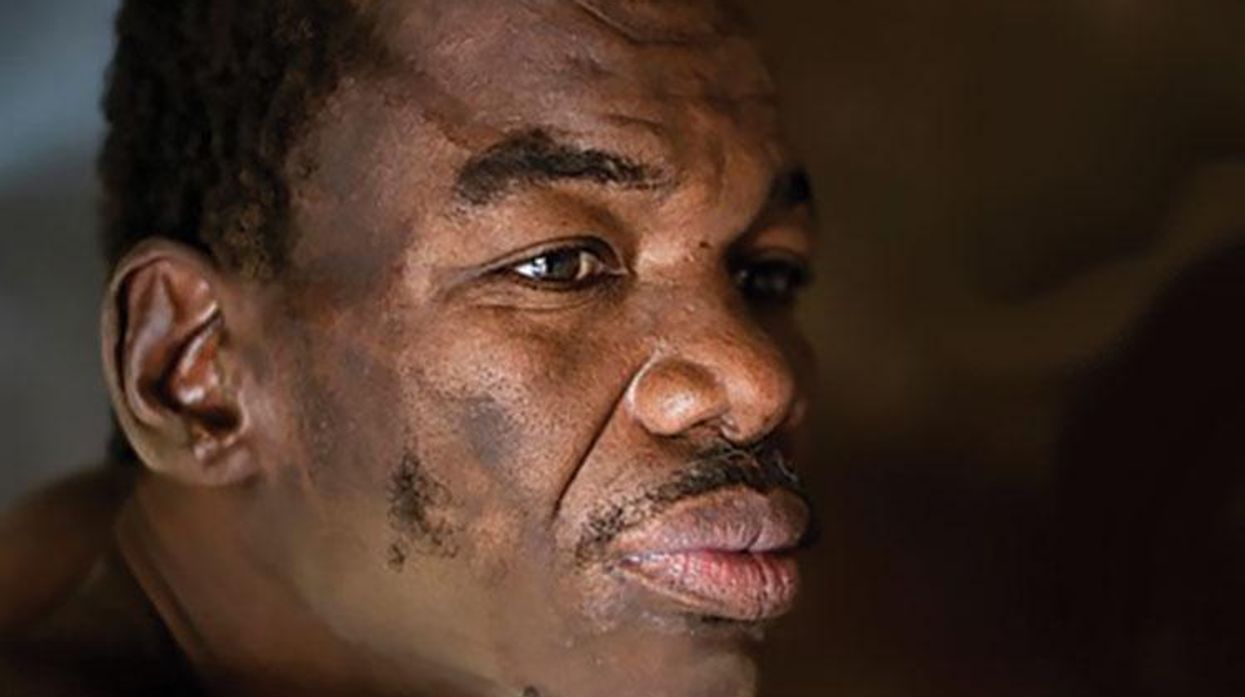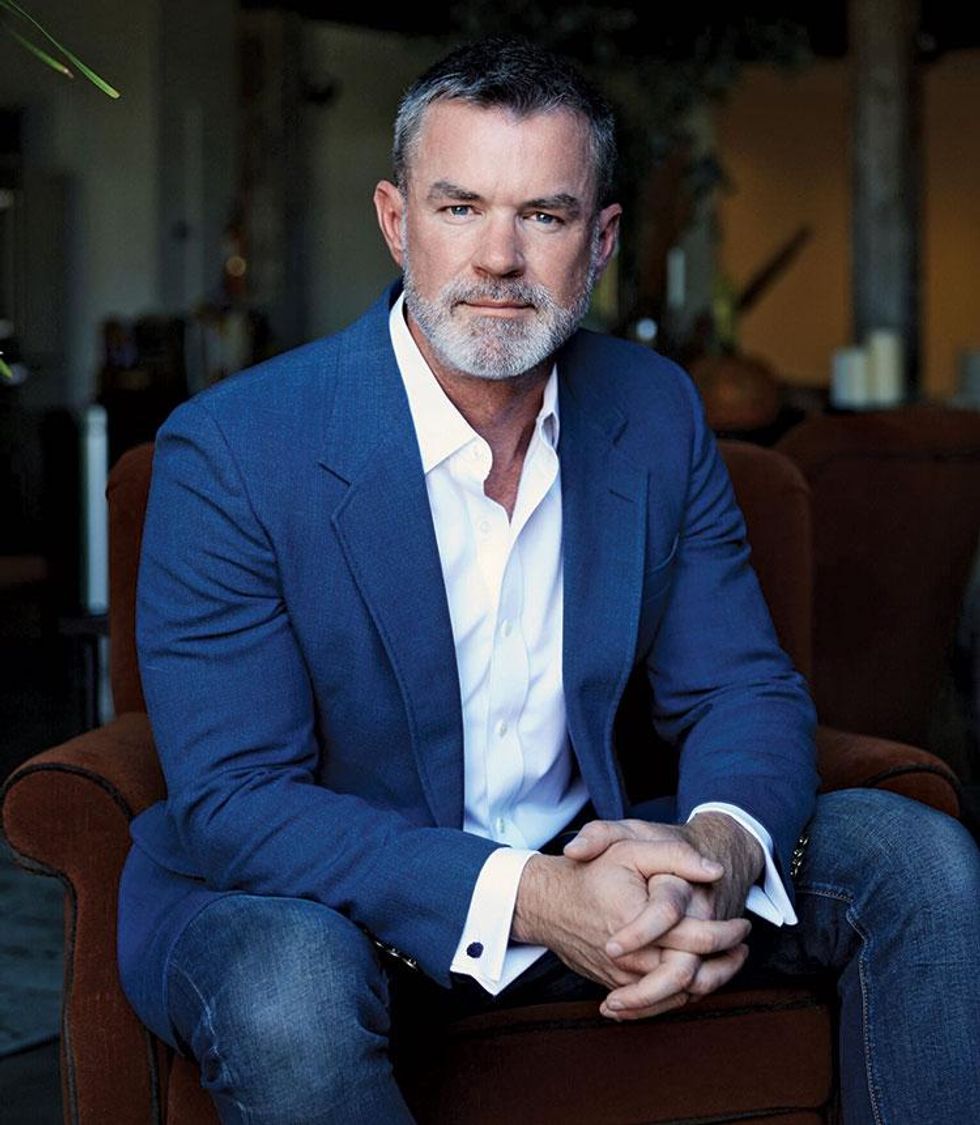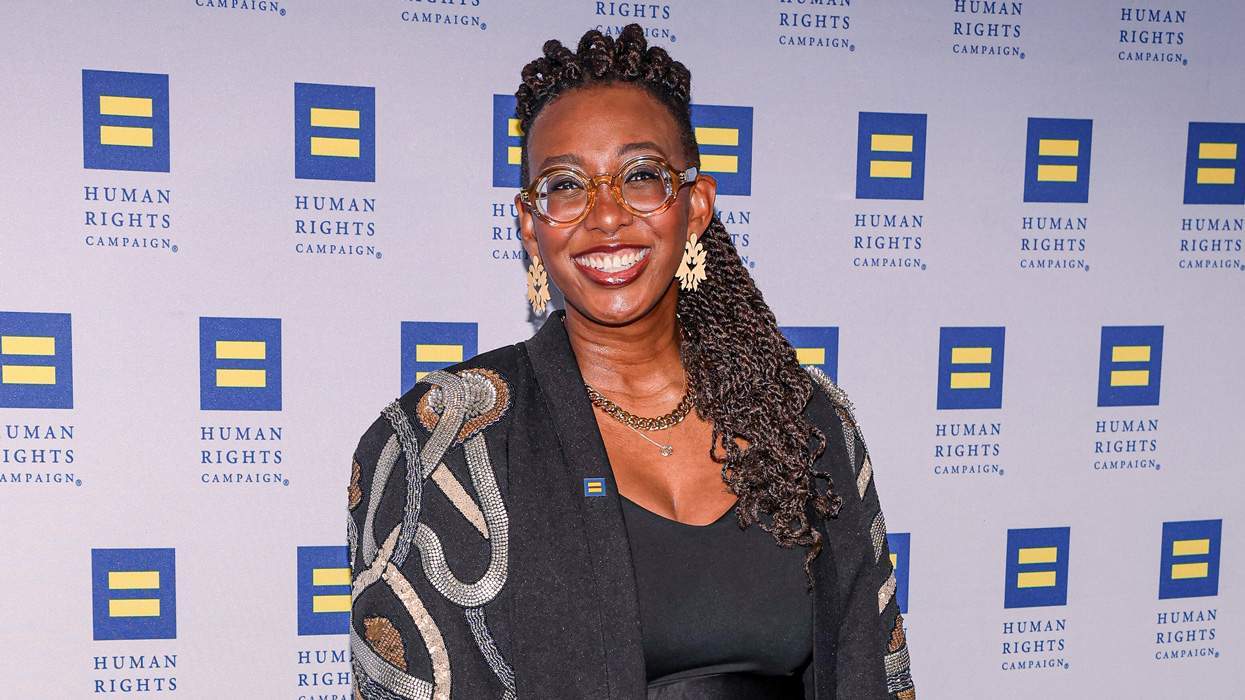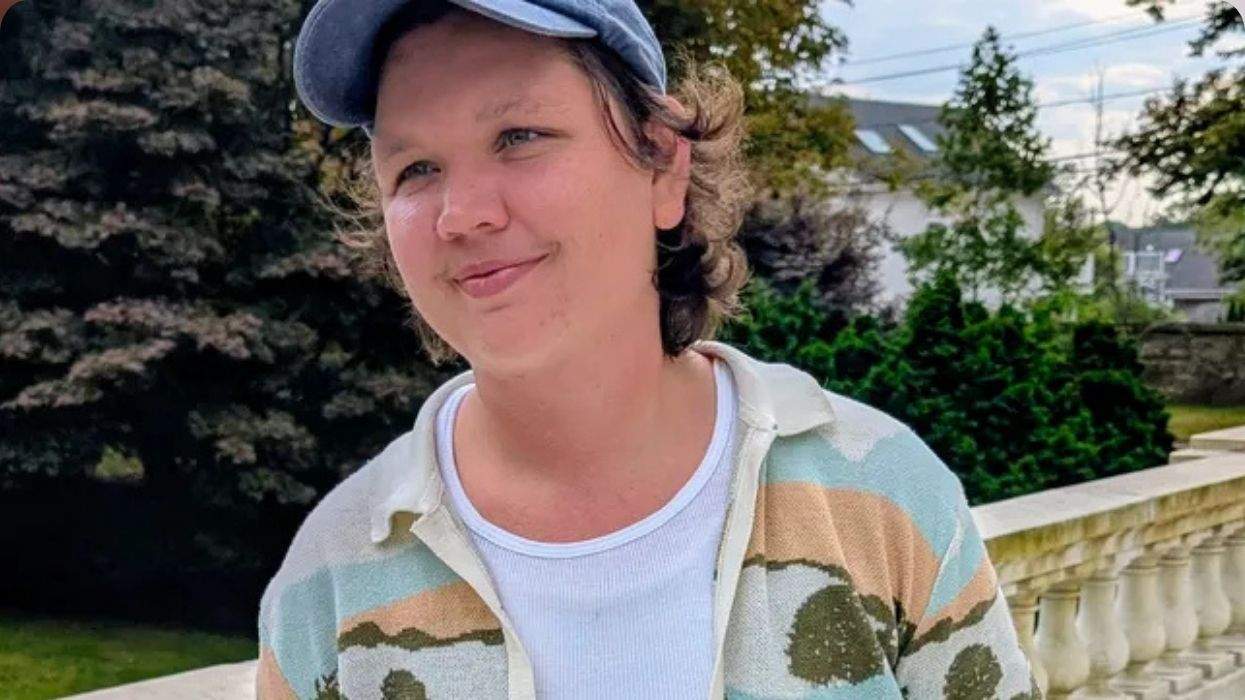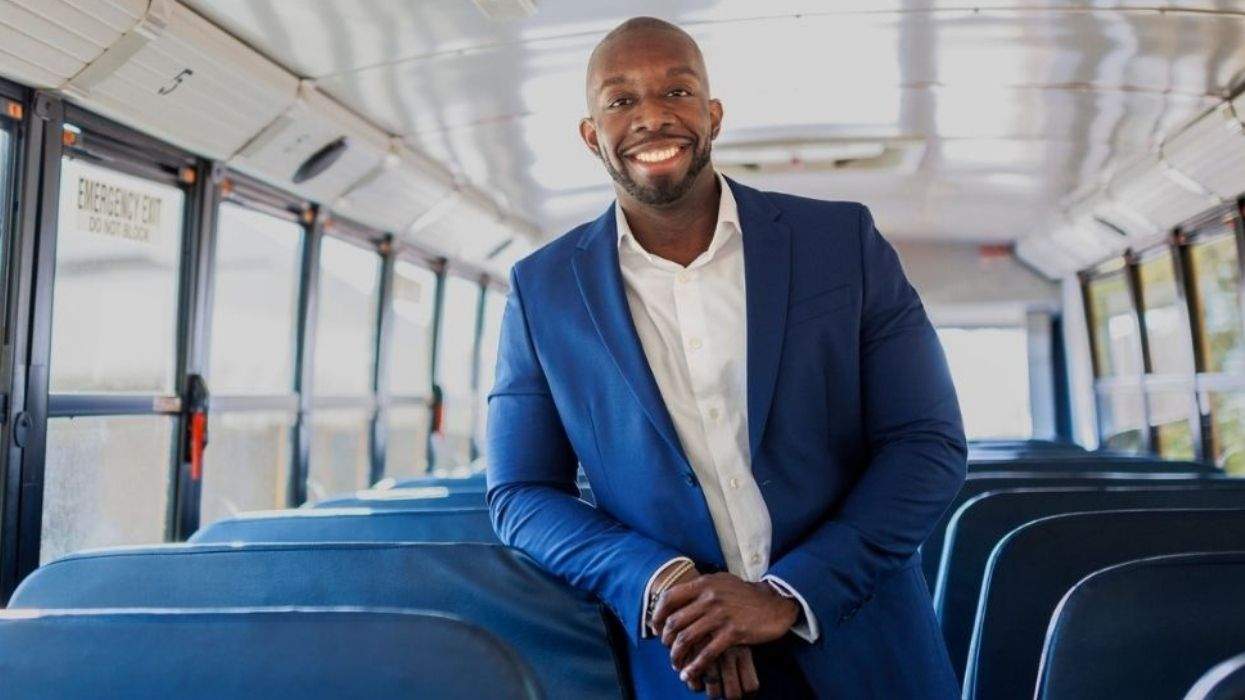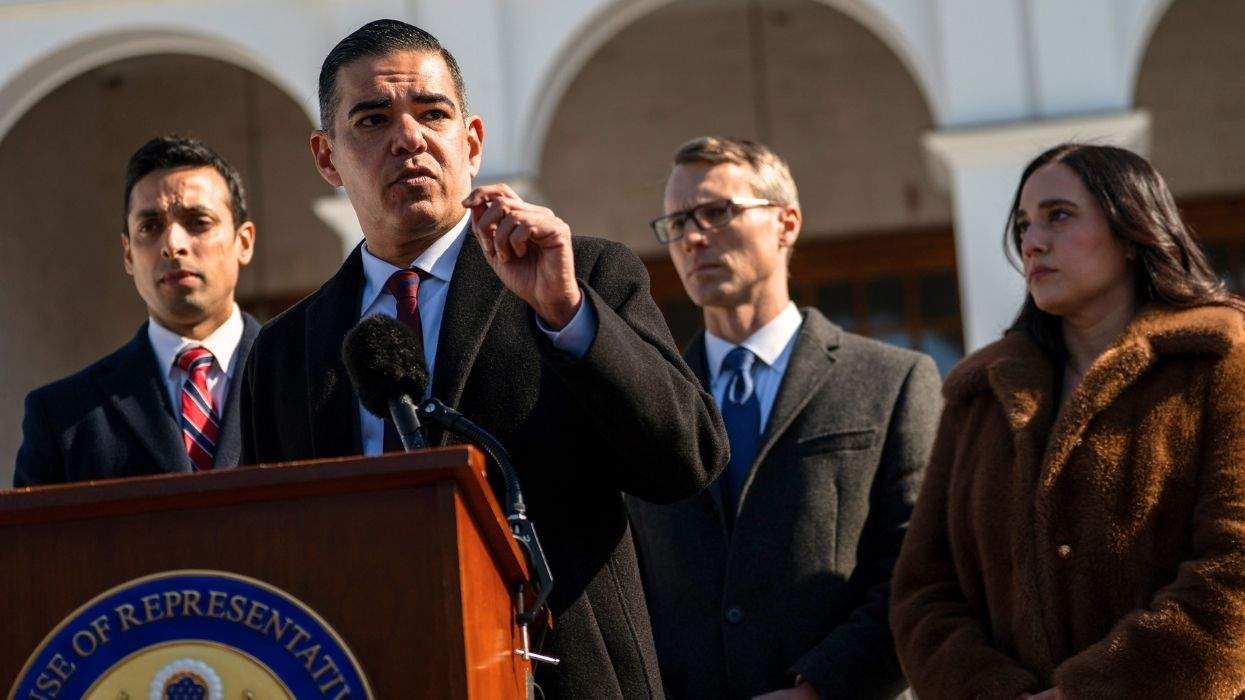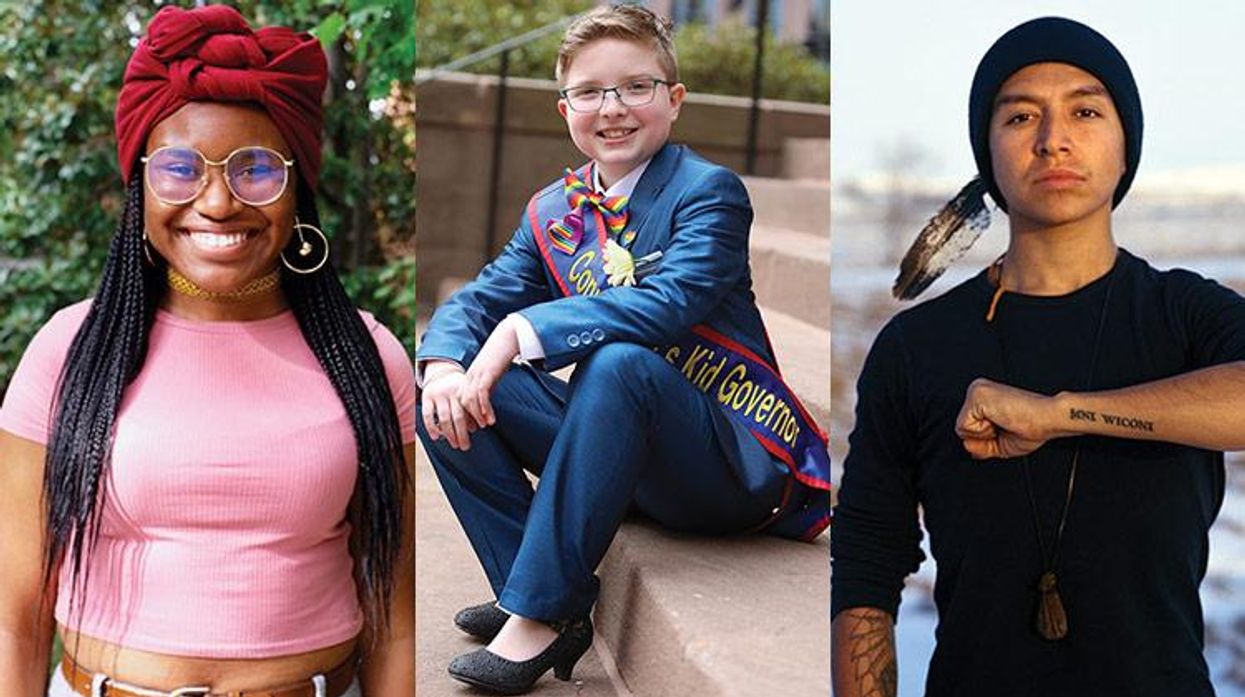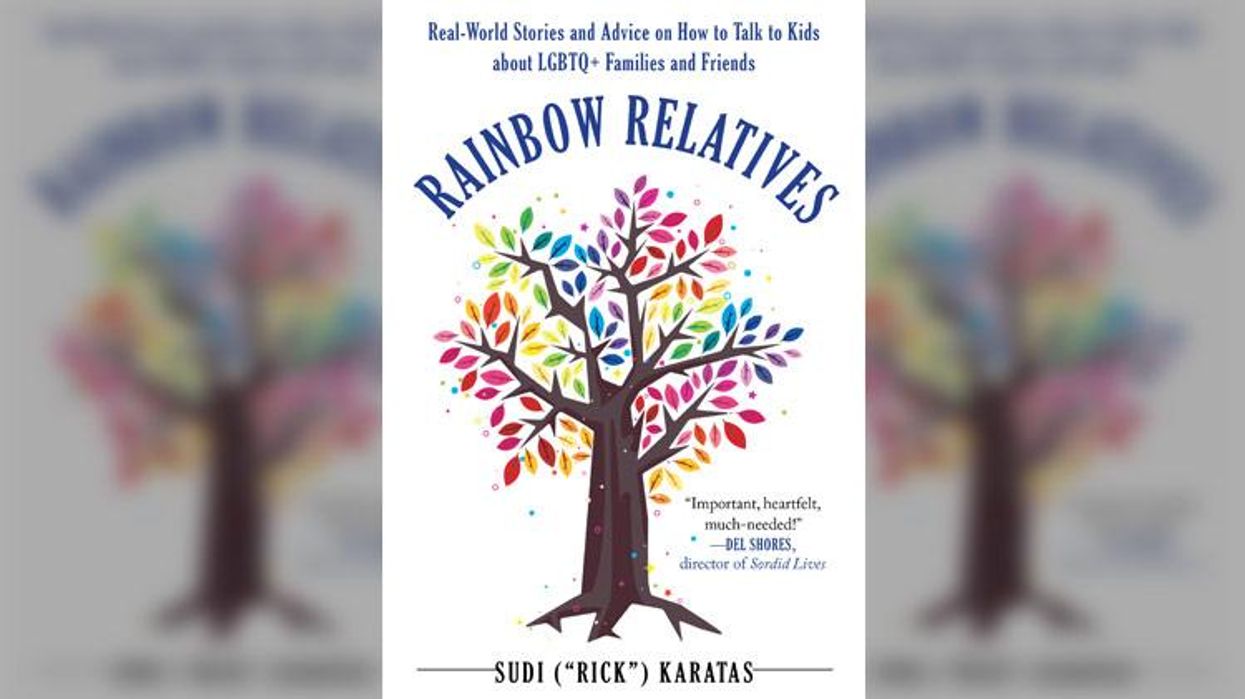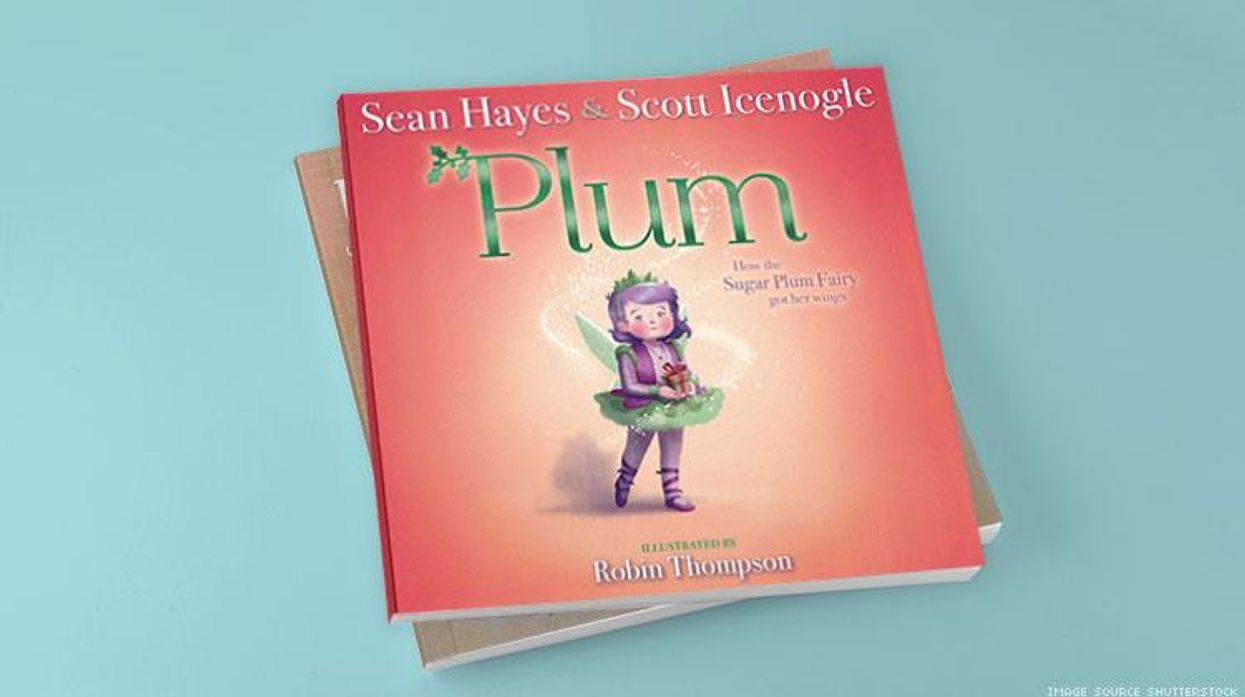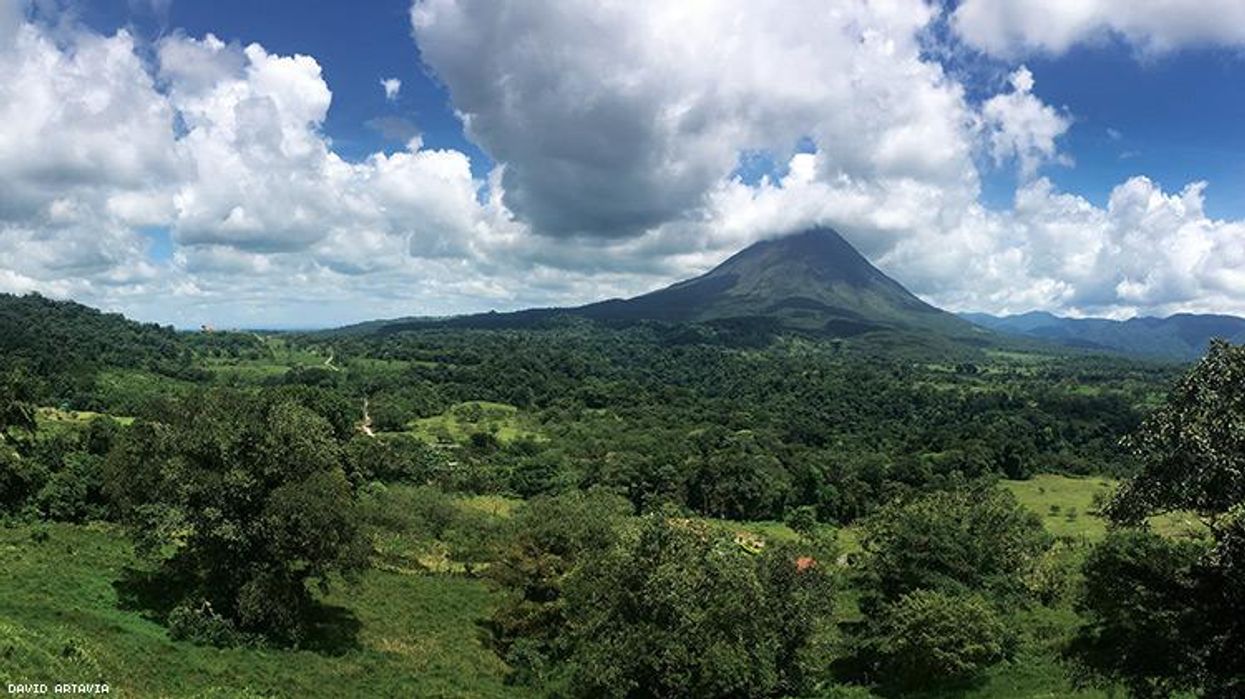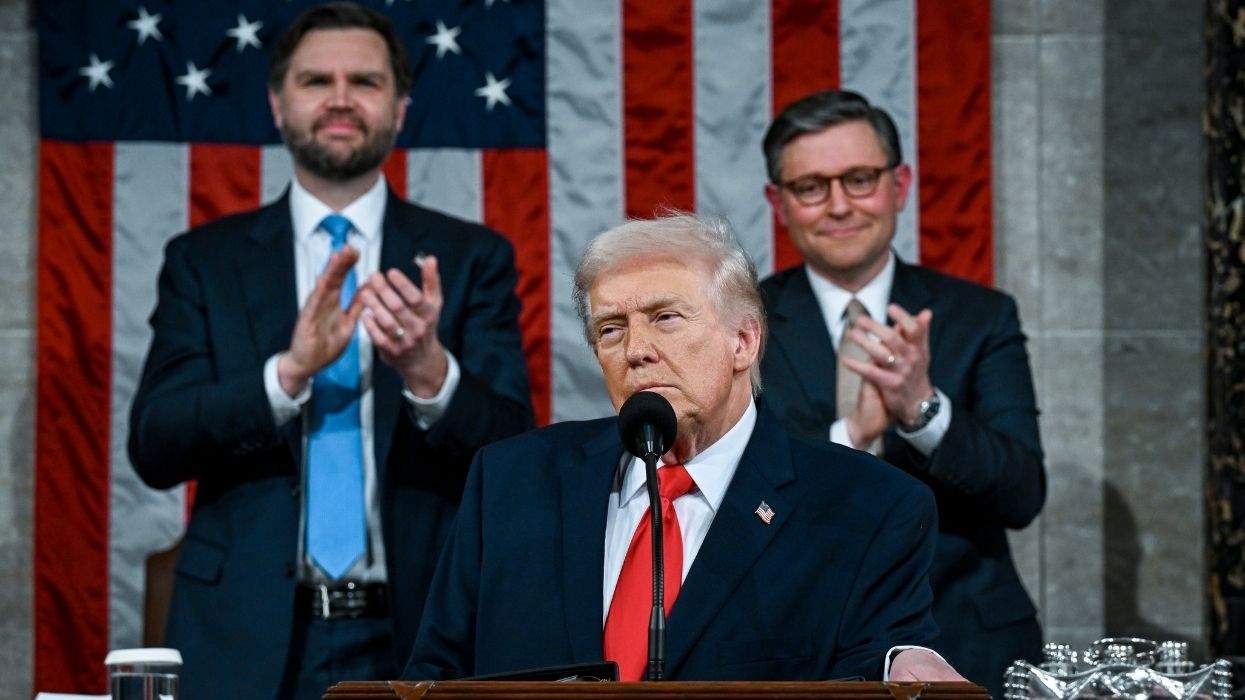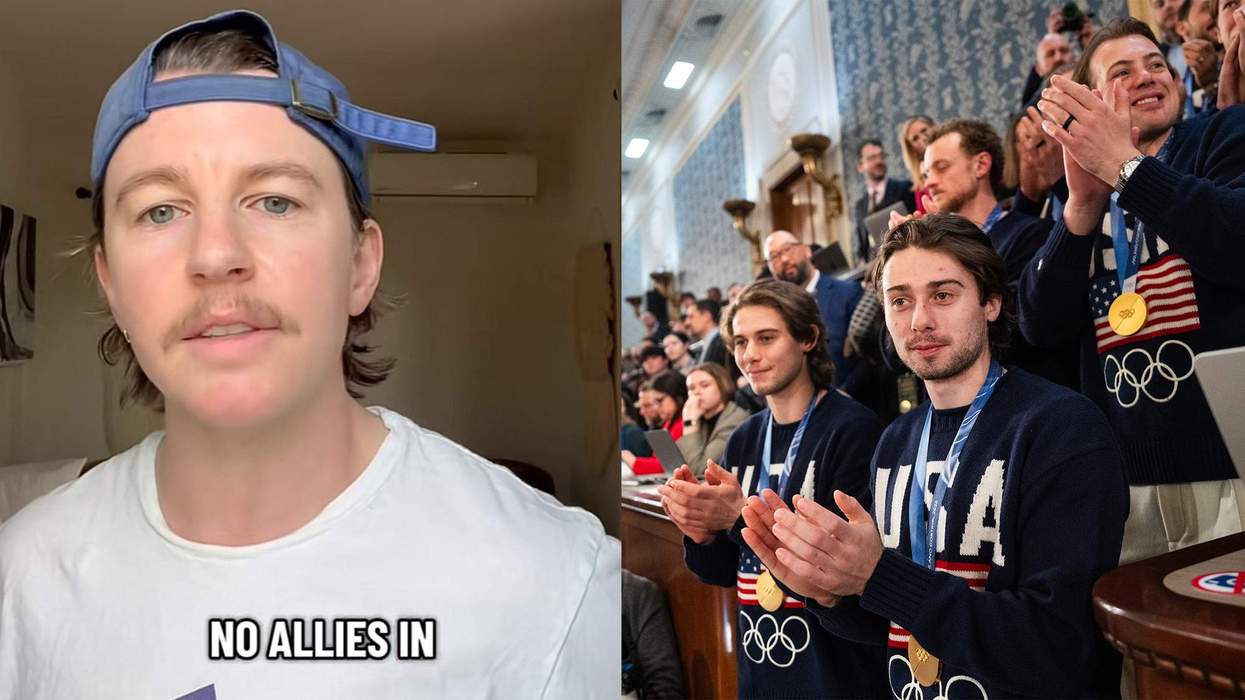When Francis, a teacher from the African nation of Ghana, suffered a mental health crisis, his family and friends didn't know how to help. In his small village, they only knew of one solution: to lock him away until his madness subsided.
"[Francis] was treated much like anyone who suffers from a mental condition in a third world country," says Chris Gernon (pictured below), the gay CEO and founder of Fugitives, the firm behind the virtual reality documentary short Francis. "They truly thought that strapping him to a log and locking him in a mud hut for two years was the best course of action. They didn't have the knowledge or understanding of how to diagnose or treat his mental illness."
Kept isolated in near-constant darkness for years, Francis saw his already fragile connection to the outside world deteriorate further. His family visited less and less often as they faced their own struggles to survive. His wife was forced to sell off all their livestock and possessions and put the children to work so they wouldn't starve. Meanwhile, Francis was lost to the darkness.
Gernon says that's where Francis likely would have spent the rest of his life, if it hadn't been for the intervention of BasicNeeds, a nonprofit that helps people living with mental illness and epilepsy in Ghana, a country of 26 million people that they say has only 14 working psychiatrists.
"[BasicNeeds] was brought in to negotiate his release and rehabilitation," Gernon explains. "Francis was given his life back, he returned to his family and began teaching school again. But more importantly, he was also given the support he needed to stay on his medication and to continue with his therapy group."
So how did a television marketing company that works with some of the world's top brands end up doing a virtual reality documentary about Francis? They were tasked with creating a VR film to educate 500 of the worlds' top health and finance ministers attending a Mental Health Summit in Washington, D.C., by the advocacy group Strongheart.
"At our core we're storytellers," Gernon says about his own company. "And that's what the Francis VR documentary was for us. It uses great storytelling to evoke change in the world. VR has gotten the reputation of being the 'empathy machine' and we use it to its fullest."
To take the film's viewers into the mud hut and help them experience the emotional impact of Francis's time locked away, Gernon used the walls as screens, allowing "scenes to play out as if in a memory, or in his mind, each one fading away, leaving nothing but the rough textures of the walls that surround him. As a viewer, you feel the isolation and despair."
The climactic scene engulfs viewers in darkness. Then the door opens. Light floods in. Francis is welcomed back to the real world.
"Too many people are suffering and don't know where to turn for help," Gernon insists. "Francis's story is not unique. There are thousands chained or locked away, with nowhere to turn, but with organizations like BasicNeeds and Partners in Health, they are moving towards solutions with education and advocacy work. But that alone will not solve the problem, we can all do more. Look at PIH.org for ways to get involved."
